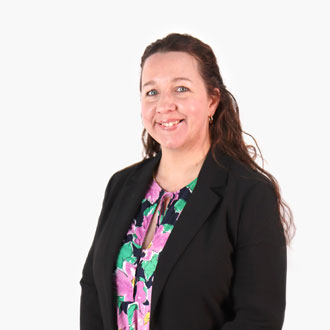Dr Kate Bolam
B App.Sc(Hons) | PhD, University of Queensland

Kate is an Accredited Exercise Physiologist and senior researcher with 20 years of experience committed to developing projects that improve the health of older adults and those living with chronic disease. She is a Senior Research Fellow in the Cardiometabolic Health and Exercise Physiology lab at the Baker Heart and Diabetes Institute. She also holds adjunct research positions at the University of Melbourne and the University of the Sunshine Coast in Australia, and the Swedish School of Sport and Health Science in Sweden.
After receiving her PhD from The University of Queensland in 2014, Kate moved to Sweden for Postdoctoral positions at the Swedish School of Sport and Health Sciences, and Karolinska Institute, Sweden. She moved back to Australia in early 2024.
Her research agenda centres around developing patient centred and clinically relevant strategies to support all people with cancer to live well after a cancer diagnosis. She is committed to improving current clinical practice so that as many people with cancer receive better support to engage in exercise should they chose to, no matter where they live. Kate also works with the large Swedish HPI database, with health assessment data from over 300,000 working adults. The focus of this research is to examine the links between cardiorespiratory fitness and cancer incidence and mortality.
Her projects, in partnership with over 20 international collaborators, have attracted over $23 million (AUD) in researcher support, inclusive of 2 Horizon EU grants and $600,000 as chief investigator.

